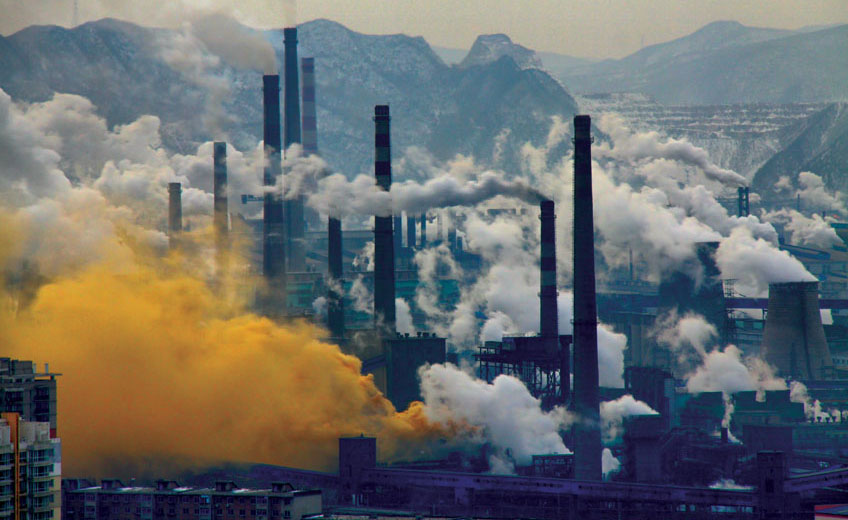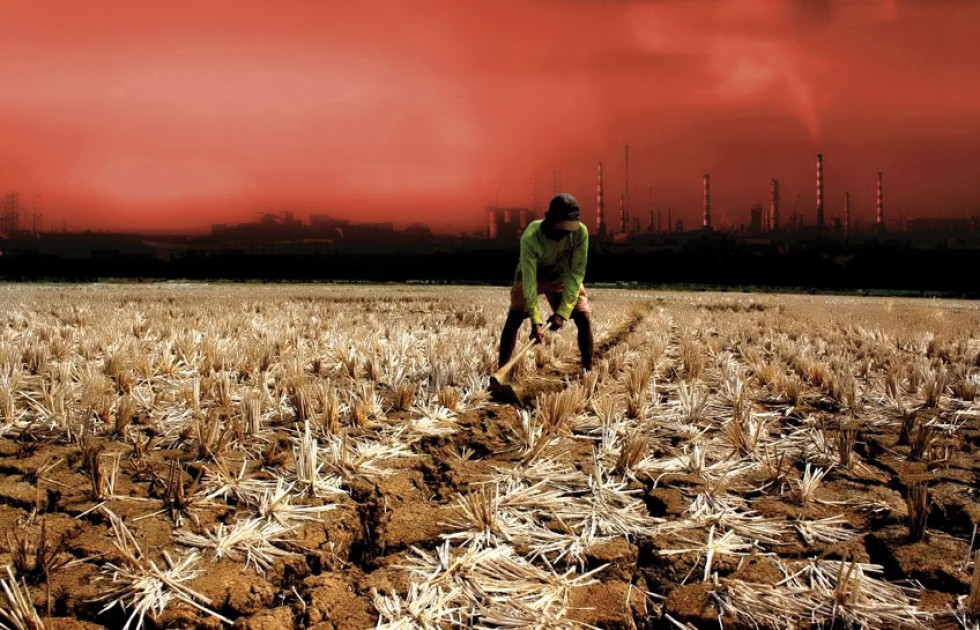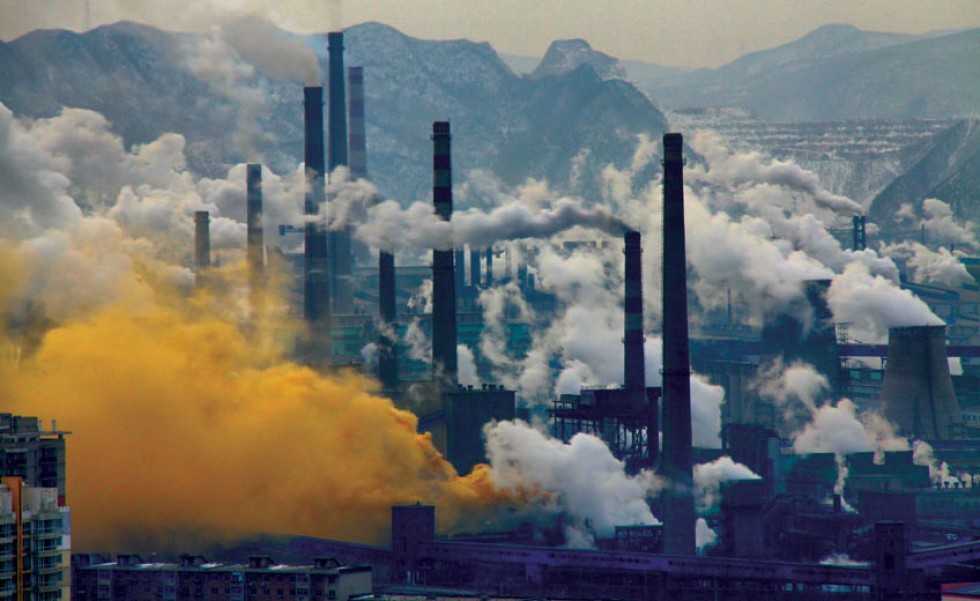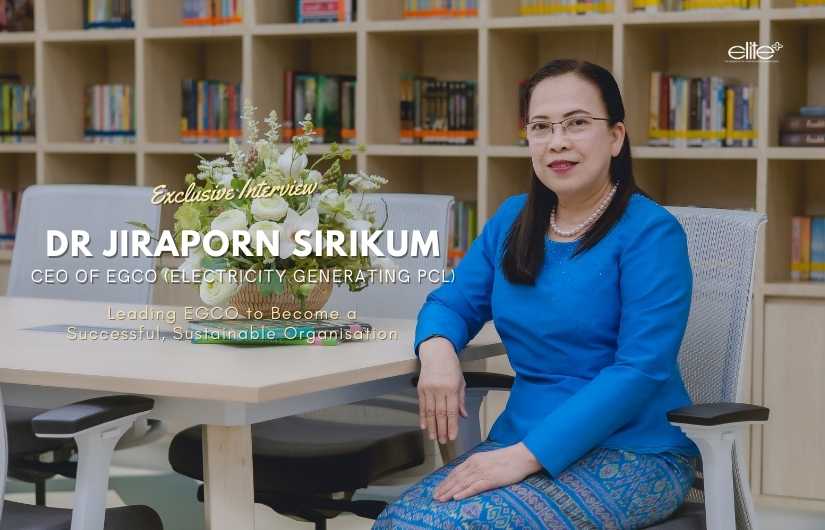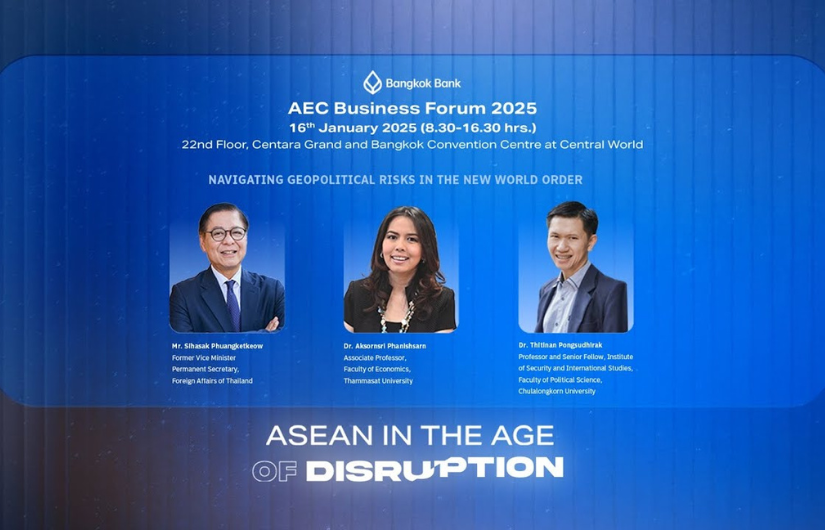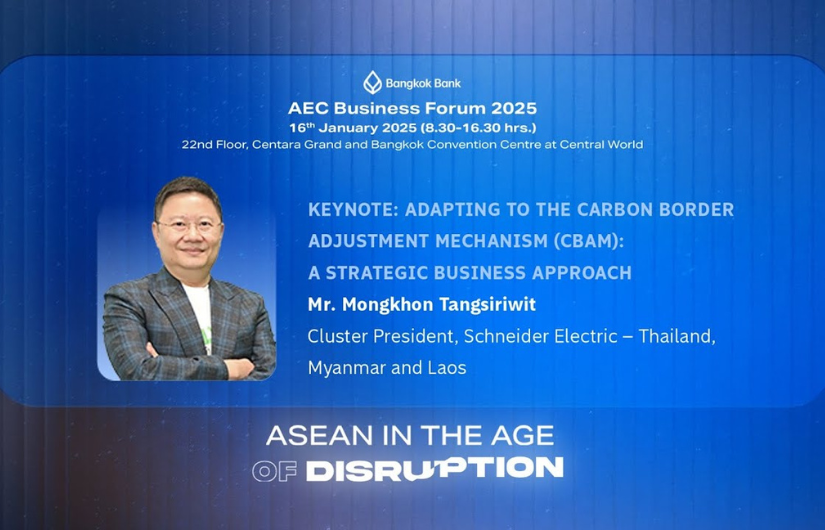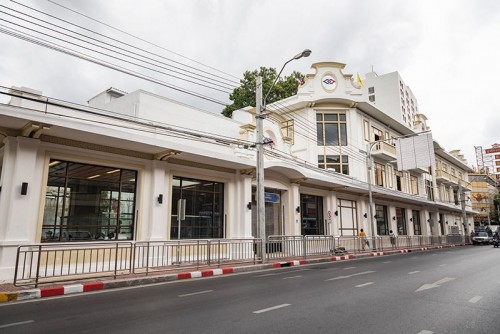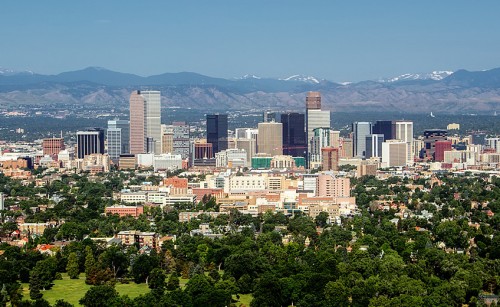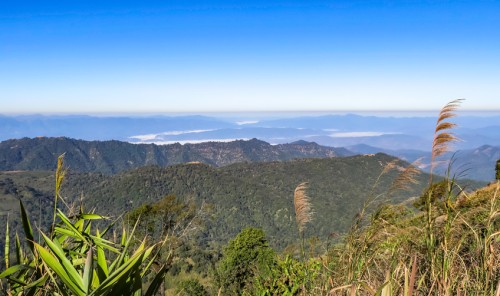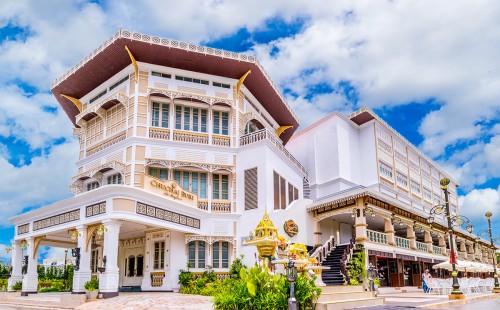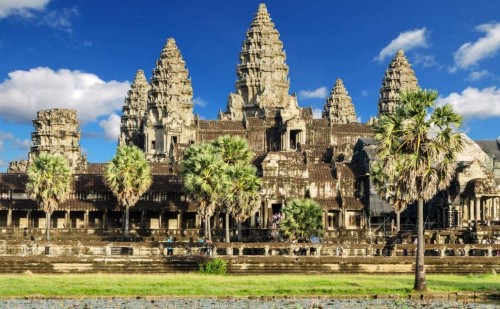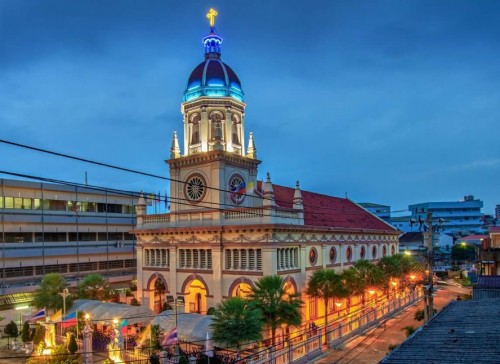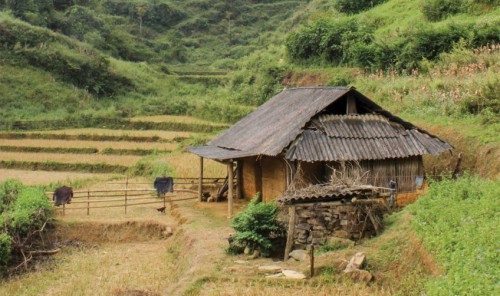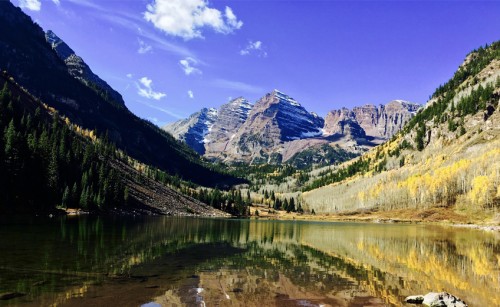With the rising environmental and human costs of rampant capitalism, adopting a new business paradigm is crucial if we want to save the planet, and ourselves . In global capitalism, corporations have become increasingly powerful – some even more powerful than nations. When a business takes social and ecological responsibility seriously, though, and not just as lip service and public relations work, it has very positive repercussions.
Firstly it means going beyond the conventional business bottom line of profit maximization to include taking care of the health of the planet and social justice. Hence there is a new bottom line: planet, profit and people. This means reaching for a more workable, better society. This is easier said than done, as business planning becomes more complex. A shift of paradigm is required among all stakeholders.
In the history of humankind, inspired people tried to use religion and politics to achieve a more just and peaceful society, with some success and a lot of failure. This also inspired much bloodshed in the many names of idealism. Business since ancient times has generally been the bad guy in these scenarios, as exploiter and a source of corruption. Business has done increasing wrong to Mother Earth over the past few hundred years since the Industrial Revolution.
The results are the human and natural disasters we are witnessing today. The gap between rich and the poor, the powerful and powerless is shameful. Neither the rich nor poor are happy, because of the endless craving for more material consumption. This is based on a wrong assumption of happiness in the ideology of liberalism.
Individualism and competition are also becoming so extreme that the basic social fabric is being torn apart. Hence the increase in a sense of loneliness and isolation among so many urban people as family and community ties grow thinner. Competition for scarce natural resources at local, national, regional and global levels has created violent conflicts, colonization, neo-colonization and wars for hundreds of years, all still ongoing in similar and different forms.
In terms of the environment, natural catastrophes are happening at an unprecedented rate. We are heating up the planet with modern business practices and consumer lifestyles at speeds that are endangering our species. Many of the key raw materials needed for present lifestyles and production are peaking. Many species are extinct or growing endangered. The rate of extinction is at unheard of levels in modern history.
Hence it would be dangerous to fail to take the health of the planet and our fellow human beings seriously, and to keep on doing business as usual. Businesspeople need to begin anew. We can no longer rely on governments to lay down regulations first. Considering the urgency, business needs to lead the way out of crisis. Most governments are too bureaucratic to work with the requisite haste.
We need a new vision and a new paradigm.
People who work for companies should no longer be only workers and employees; they should be brothers and sisters in partnership with the management and shareholders. They deserve a fair share of the surplus they help to create. Through this new approach, their basic needs would be met: healthy food, basic health care, proper housing and education for their children. This is attained not through charity but through a holistic, sustainable development scheme where they actively participate in designing and setting priorities for the common good. So wealth can be shared as well as power.
Responsible corporations should also look on consumers not just as clients to sell products to and make a profit from. Using advertising to lure them to consume more should not be the name of the game. They are our brothers and sisters whose well-being is a corporate responsibility. Finite resources will not allow humanity to indefinitely overproduce, over-consume and wantonly throw stuff away. The “American dream” is a path to endless economic growth leading to a Mad Max scenario.
At the same time, we need to do away with the concept of developed, developing and underdeveloped countries. A newly opened country like Myanmar can have a healthier quality of life than the US. A country doesn’t have to increase its GDP endlessly like a corporation. Bigger doesn’t necessarily mean better, faster or higher.
Smaller, slower, narrower, more local, shorter and closer can be a better fit for a more human scale, and be more wholesome. Climate studies confirm we cannot continue to burn fossil fuel at current rates; more than half of the fossil fuel already discovered cannot be used if we want to keep global temperatures rising at a slower, safer rate.
Nature is not just resources for production; it is something sacred. We need to care for and respect nature. Hundreds of years of exploiting nature for human greed cannot be continued. Lifestyles need to change and consumer patterns altered. A life with less consumption yet higher quality is desirable and possible.
This is not just a dream. Countless initiatives around the globe are operating with this new way of thinking and ethos, both in modern and traditional sectors, in Southern and Northern countries, and should be heeded and encouraged.

